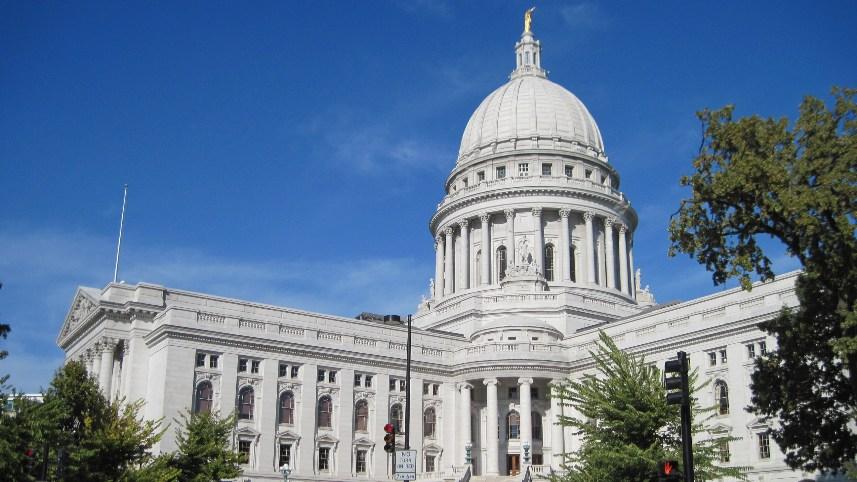Wisconsin's Senate Bill 794 would, if enacted, "authorize the state superintendent of public instruction to adopt model academic standards related to climate change." Such standards would be required to "incorporate a) an understanding of climate, b) the interconnected nature of climate change, c) the potential local and global impacts of climate change, and d) the individual and societal actions that may mitigate the harmful effects of climate change."
Although Wisconsin's current state science standards are based on the same framework on which the Next Generation Science Standards are based, their treatment of climate change is substantially worse, receiving the grade of C- for their treatment of climate change in "Making the Grade?" — the 2020 report from NCSE and the Texas Freedom Network Education Fund — as compared to the NGSS's grade of B+.
Additionally, the superintendent would be allowed to "[p]rovide grants to or contract with state agencies or nonprofit organizations to assist in developing interdisciplinary climate change curriculum resources" and to assist local school boards in developing interdisciplinary climate change curriculum and curriculum resources. The bill would fund $500,000 over two years for such grants and a full-time employee in the department of public instruction.
The bill was introduced on December 8, 2023, by Chris Larson (D-District 7) along with six of his colleagues in the Senate and twenty in the House, and referred to the Senate Committee on Education. Two similar bills (which included provisions about the University of Wisconsin system and special education) were introduced in 2021; Senate Bill 761 and Assembly Bill 783 died in committee in March 2022, as NCSE previously reported.


